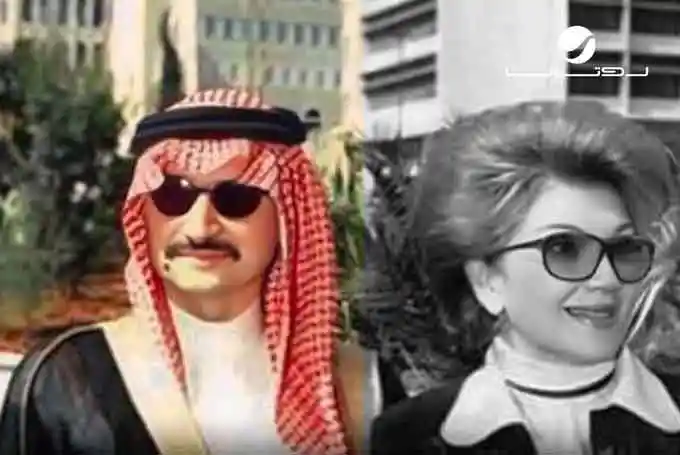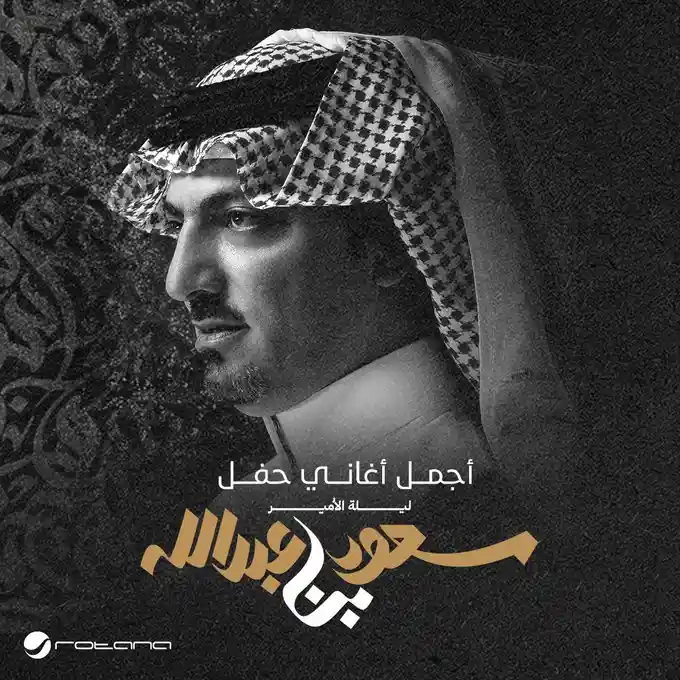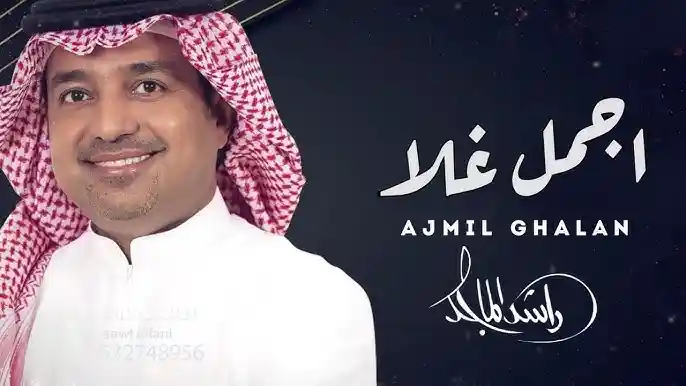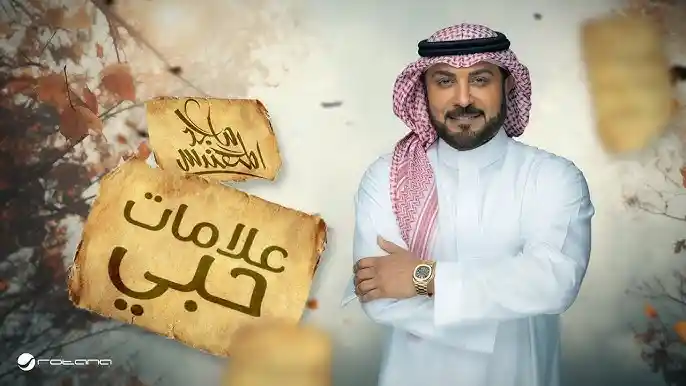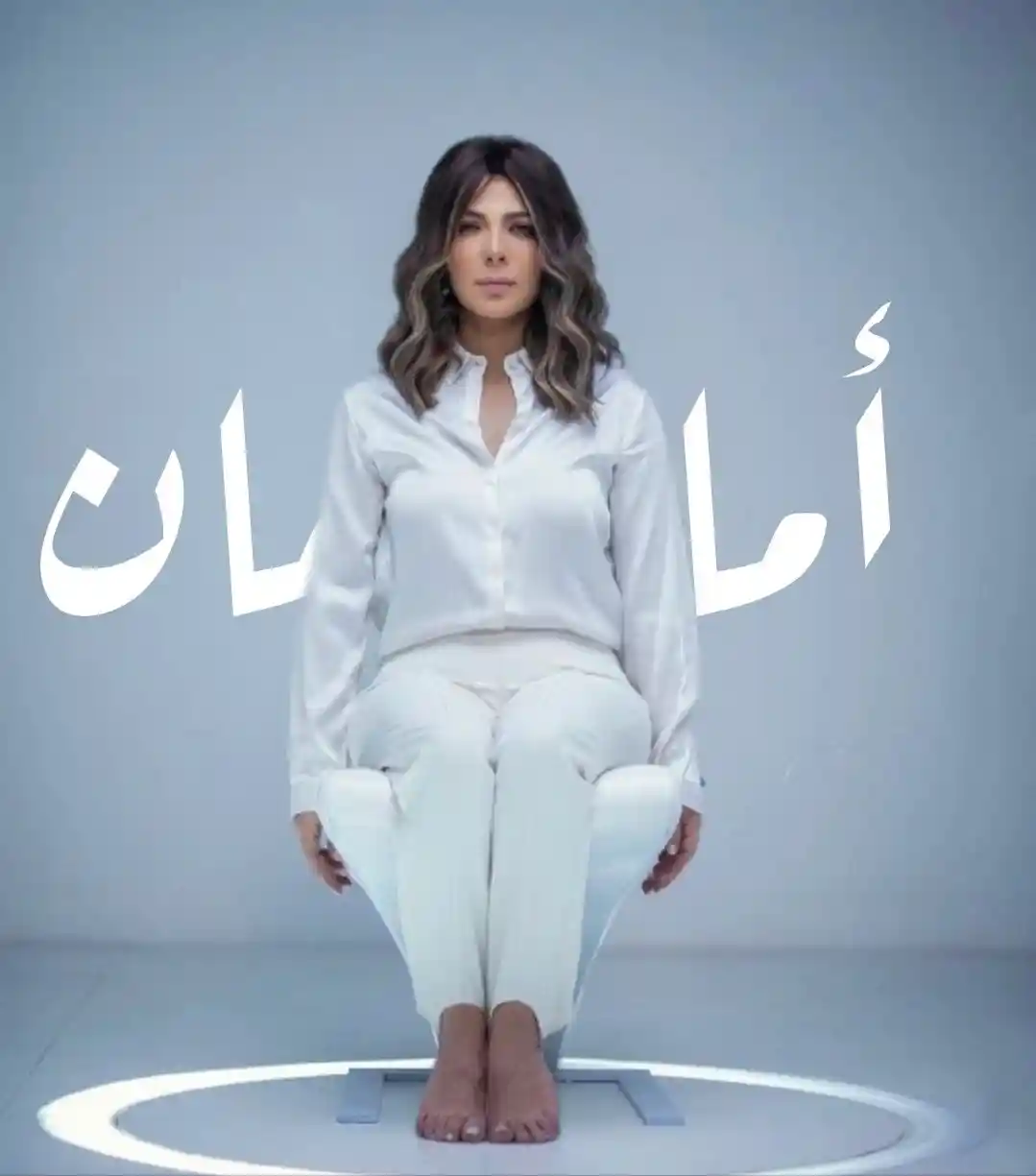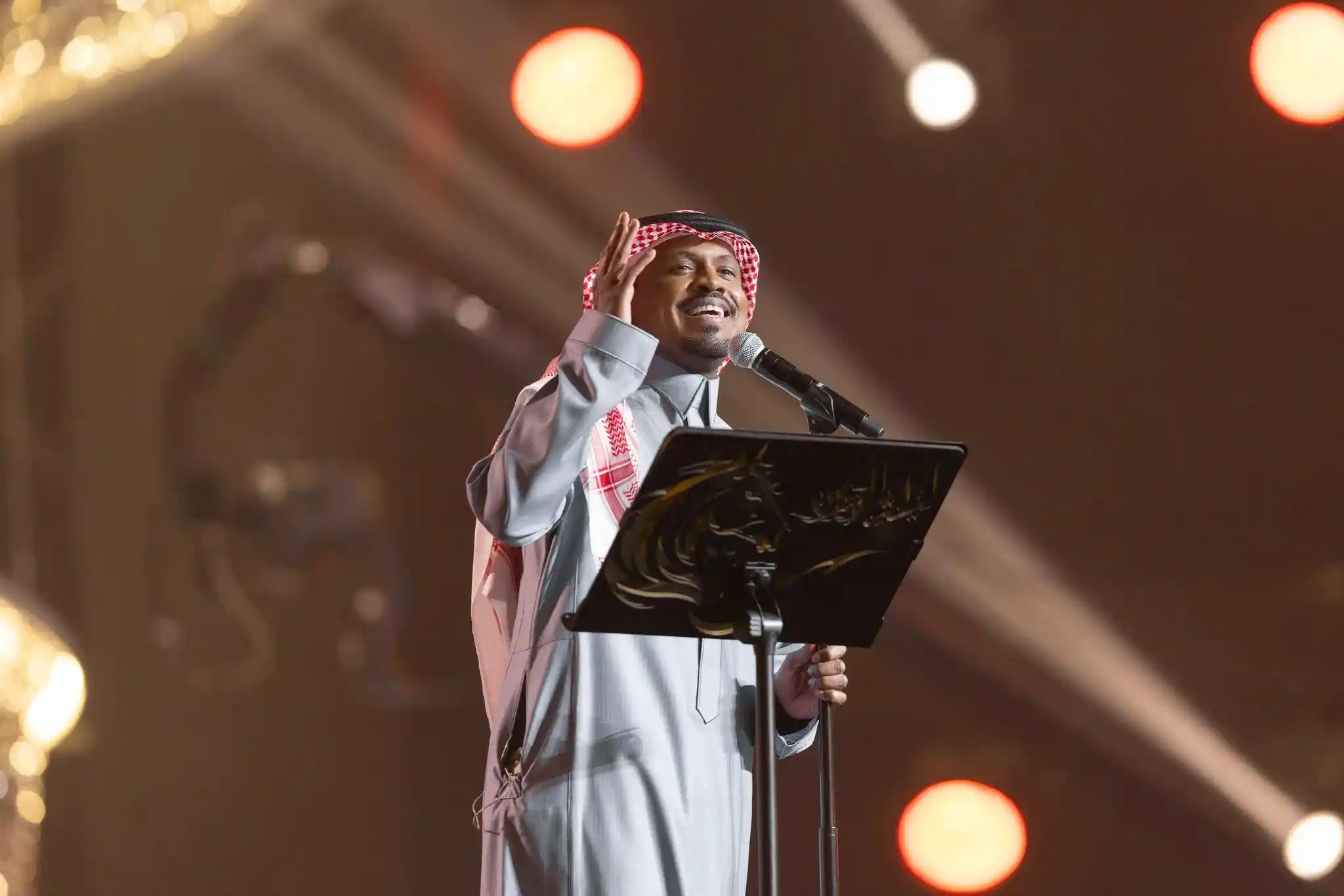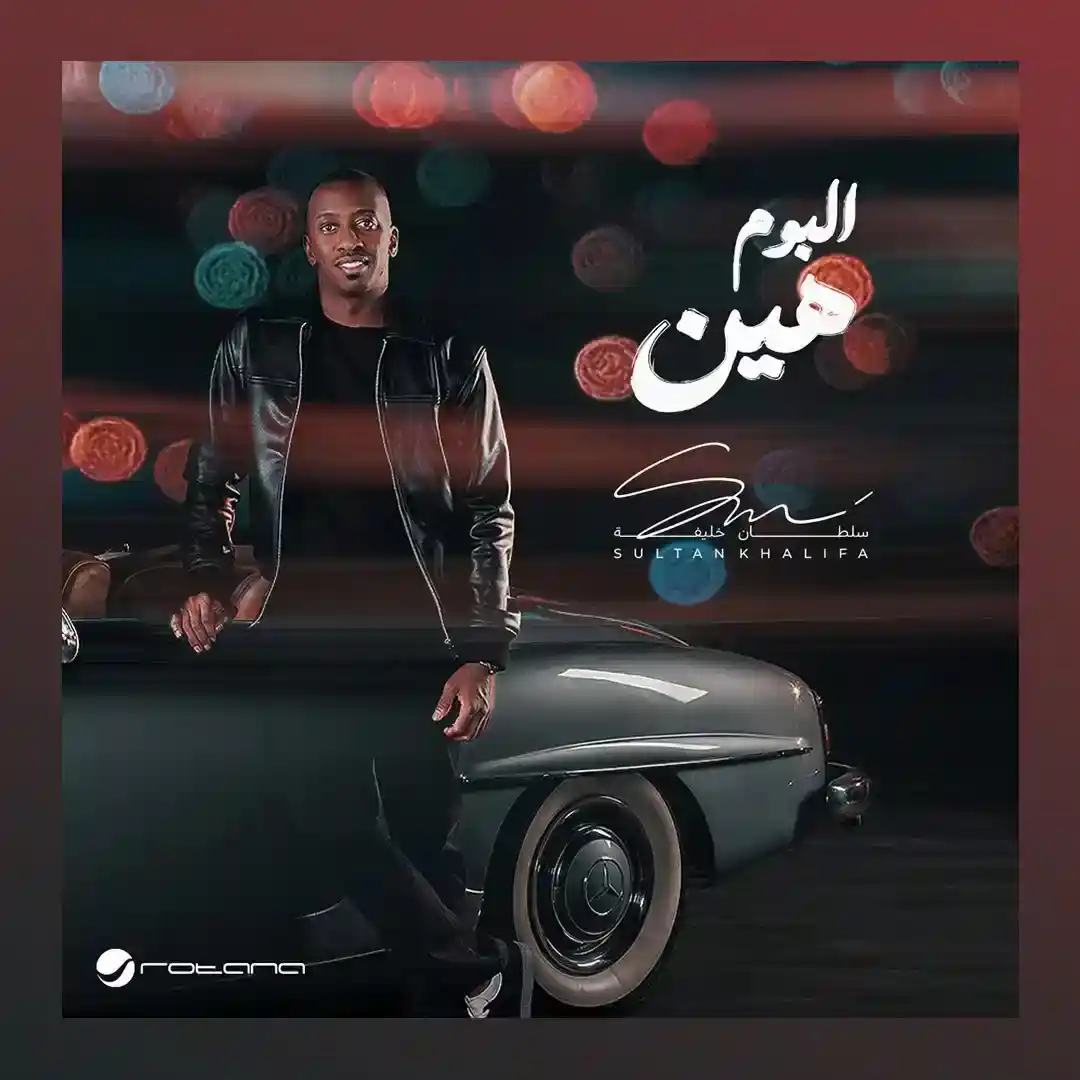After the success of the first season, Lebanese journalist Joumana Bouaid returned with a new season in her program “Let’s Talk,” which is broadcast on LBC satellite every Sunday at nine o’clock in the evening Beirut time.
The program, which provided the viewer with space to delve into the personalities of stars and celebrities and stop at pivotal points in their private and professional lives, returned with greater momentum with the opening of the first episode with the distinguished Syrian artist Fayez Qazaq.
An intelligent dialogue moderated by media personality Joumana Bou Eid, in which she shed light on the weight of past experience, the renewal of contemporary works, and the complex circles of personalities and professional relationships between them.
Bou Eid began her talk about the great artist and what he has achieved in his artistic career, as he cannot be placed in a specific cadre, as he is a theatrical and television artist who also graduated batches of performing arts students, and described him as a master of drama, a master of theater, and a master of cinema.
Journalist Joumana Bou Eid began her interview with Qazaq by asking: Do serials win him and interviews lose him? Qazaq replied to her, saying: “A person cannot have the same imprint with others, because the opinions of others are not the same as my opinions. So what about when the imprint is spiritual, just like the imprint of the thumb or the imprint of the eye? I believe that in some matters people accept or repel.”
As for whether there is a revolution within him, or if it is possible for him to make some change or ideas that come to his mind, he replied: “You feel that the whole world is boiling, and the Arab Spring movement has affected us and made it necessary for people to watch and hope that it will end in peace. After several years, we will see a new world in particular.” "If the coming Asia triumphs."
Regarding the concern, Qazaq said that he is concerned for future generations, and “I would like all of humanity to be in peace and in a way that is good for every human being on this earth, and it seems that we are guided by the Internet and social media.”
Regarding the penetration of technology into his personal life, Qazaq said: “It is something that exists and affects us in a deep and real way. There will be a new type of development. There is artificial intelligence, and homosexuality proposed by the United States. There is a group that seeks a new human being, even if it has anything to do with the extinction of the human race or the golden billion.” As they are called, a person cannot surrender to these things and must resist, and the issue is serious, as there is no longer an effective theatre, an effective newspaper, a cinema, etc.
Regarding the absence of theater and the reason behind its decline, the artist Qazaq said: “In our Arab countries, the governments certainly did not care about educating us as peoples in the creative sense of the word and constantly monitoring the results related to every area of culture, and suddenly cinema appeared in our Arab countries and has now disappeared, and it was supposed to continue” because “This free meeting in the cinema.”
Regarding cinema, he said that it does not exist currently, wondering: “Can every Lebanese, Syrian, Moroccan or Tunisian go to the cinema once a week? Or once a month? No, this is something that is not available, but new things related to the domestication of peoples around the world are available.” The land is available daily for 20 or 30 football matches, and sports are currently politicized to politicize people, and brutal liberalism and its concepts since the 1980s with so-called multinational companies have eliminated many peoples’ cultures.”
In her interview with the artist Fayez Qazaq, journalist Joumana Bou Eid addressed the artist Fayez Qazaq and asked him about what remained of Damascus, saying: “Its people remained, in addition to some people who came to it from some governorates, and we enjoyed some color in it. They are our people, and Damascus is an incubator for all. The people of Damascus are people of generosity, as are all governorates.” ".
Regarding Hamra Street in the capital, Beirut, he had asked the journalist Bou Eid that cafes had changed a lot and added: “I had come to Beirut for the first time in 1991 to the Beirut Theater in Ain Al-Mreisseh and we showed a play called “The Rape.” Then the performances and productions continued until 2007 when I returned to Beirut: There was work at the Babel Theater on Hamra Street, and of course Hamra Street was previously full of culture and cafes. Which we could watch, and there was a nice and elegant cultural dialogue between Wimpy and Moka, in addition to the places that sold books, and the theater was attracting large numbers of audience members, and there was Professor Ziad Rahbani next to us, so we were showing plays at the same time as Rahbani’s play “Concerning Dignity and the Stubborn People” in Piccadilly, and all this stuff used to constitute Hamra Street, a state of emotional culture, and all of these things have disappeared now, as shoe fronts filled the street more than books.
The artist Fayez Qazaq revealed his artistic newness, as he appeared with a new look in his interview with Joumana Bouaid, saying: “It is a new role in a 6-episode production produced by Eagle Films, and I embody the role of “Mounir” in the “Hyena” series. He counterfeits currency, but he is not afraid. He gets into more than one problem in the course of events, in which the entire family disappears, his wife dies, and he is a tragic type.” The actor Mohammed Al-Ahmad and Daniela Rahma participate in it.
Regarding his cooperation with Daniela Rahma, he said that he deals with all artists as human beings, and with this treatment all standards fall, and I respect everyone who deals with me, even if he is a student, a theater person, or a TV personality.
Regarding the multiple characters he embodied and the roles of evil, Qazaq said: “I cannot present an evil character and have this evil remain in the psyche of the person who watches it, especially on stage, because it has a direct relationship. So I embodied the character of Richard III, so I must search for an issue of a funny nature in order for him to be popular with people and to get rid of him.” People are agents of evil in the broad sense. No evil person was born like this, but rather the place in which they lived forced them to be in this situation, so crime became a social product that manifested itself in this character more than it was born with them as children.”
Regarding the difference between an actor and a star, Qazaq said: “I tend toward the word actor, who represents you and a people, and there are representatives in Parliament, and when they become stars in Parliament, the Parliament overflows, and it becomes an issue of stars, and also on stage, I will act shortly as an audience, so this is the material that must be Through the means of theater, it should be effective in producing a kind of gentle, intelligent dialogue between these people. The audience is smarter than any actor or playwright at all. I am with the name of an actor, but as for the star, it was done with us in the Arab region, and at the level of names in titres, we are from the generation that was The book is in our hands, so the viewer is smart, even if I told the director to give me my name alone, and I was a bad actor and I repeat myself as an actor with the same rigid tools, and the viewer says, “We are bored with this.”
Regarding the parts of the series, the artist Fayez Qazaq said that he is not in favor of the idea of the parts.
Regarding Taim Hassan, Qazaq said: “He was at the institute, but I was not his teacher. I loved him like any student, and perhaps he loved me.”

